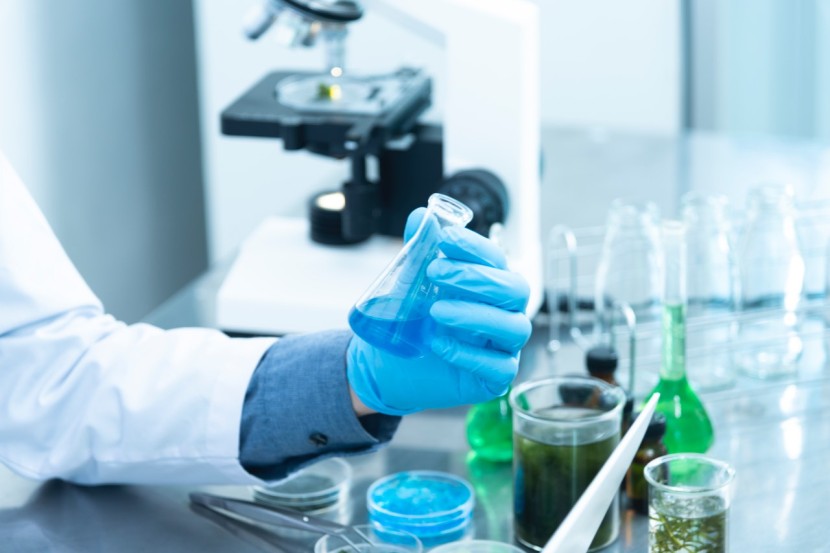
The latest hope in the fight against the coronavirus outbreak is a medicine that is used to treat leukaemia in cats.
Retromad1 is a drug developed by a Malaysian biotech firm Biovalence Technologies and has been proven to effectively combat a viral form of leukaemia and infectious peritonitis virus in cats.
Tests are underway to see if Retromad1 might also fight COVID-19.
The feline infectious peritonitis virus is another coronavirus which is in the same family as the novel coronavirus disease in humans.
It was originally developed to cure herpes in humans, but it is not currently approved and has not been officially tested for human use.
However, the drug has been shown to annihilate FeCoV, a coronavirus that infects cats. Thus, there is a streak of hope that it will have the same effect on the novel coronavirus.
Dr. Ng Cher Yew, the CEO of Biovalence Technologies, said that the drug which they have created is being utilized in veterinary clinics in Singapore.
Their company is now looking to test the drug on humans and study the effects caused by the coronavirus.
According to a Biovalence spokesperson, many scientific papers showed that a specific mutation of Sars-CoV-2 has similar qualities to how dengue, FeCoV, Ebola, and HIV infect their host.
The cat medicine acts on an enzyme known as the Furin protease, which in turn acts as COVID-19's "door" into the victim while Retromad1 successfully locks it.
It normally takes years for a drug to undergo trials and become clinically approved for use in humans. However, medical research on COVID-19 has been coming through at a rapid pace because of the dire situation of the world today.
Singapore's health authorities are using lopinavir-ritonavir, which typically functions as a treatment for the human immunodeficiency virus (HIV) and the acquired immune deficiency syndrome (AIDS), have resulted in success.
Meanwhile, several countries have been using Remdesivir, an antiviral drug developed by United States-based company Gilead Sciences.
According to the startup spokesperson, "Several scientific papers had revealed that a specific mutation of Sars-CoV-2 bears similarity to how dengue, Ebola, FeCoV, and HIV infect their host through an enzyme known as the Furin protease."
The researchers said that if they can develop their own medicine, they don't need to spend money on a foreign drug.
The Biovalence spokesman said that their drug treats the illness, but can't prevent it as a vaccine does. Thus, it cannot be used on healthy individuals to prevent them from contracting the disease.
The cat medicine is one of the several potential treatments for COVID-19. The pandemic has infected over 200,000 people worldwide with 8,008 fatalities.
There are 266 people confirmed to have been infected by the virus in Singapore with no deaths registered yet.
According to Health Minister Gan Kim Yong in February, "there are significant efforts looking into developing a treatment and protocol" to provide treatment for patients.
Retromad1 was developed to inhibit the Furin protease. Retromad1 is taken orally, unlike Remdesivir that is administered into the veins and thus requires hospital confinement.








